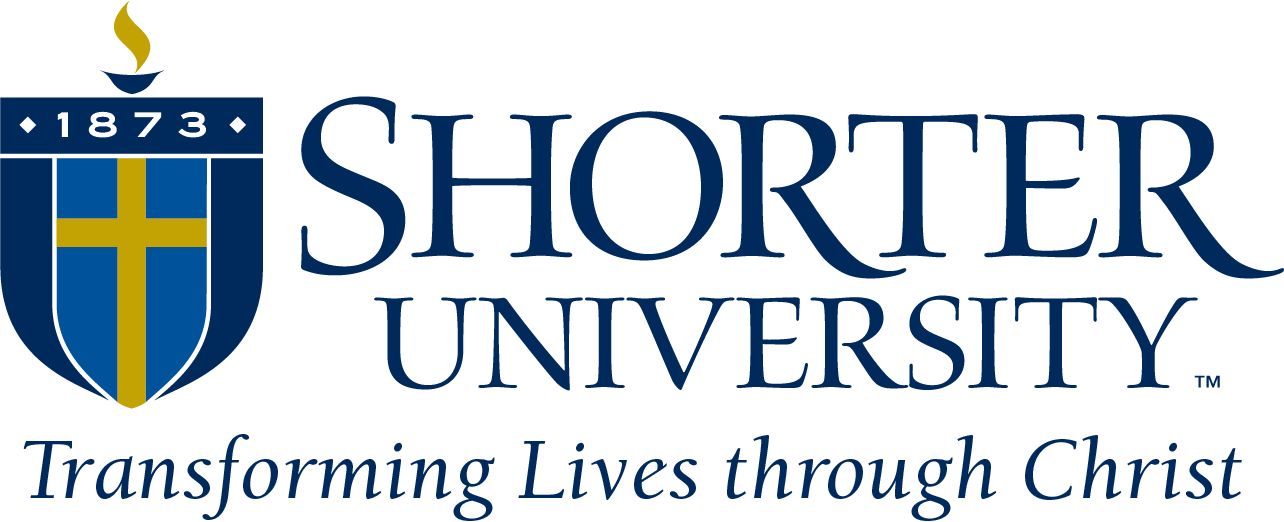COPYRIGHTED MATERIAL AND PEER TO PEER FILE SHARING
Peer-to-Peer (P2P) is Restricted on Campus
Disciplinary Actions
Periodic Review
Summary of Civil and Criminal Penalties for Violation of Federal Copyright Laws
Legal Sources of Online Content
Faculty, staff, and students should not make unauthorized copies of software or perform unauthorized installations of software or reconfigurations of systems, store such copies on the University network, or transmit them over the University network. Use of computing resources accessed via the Shorter University network, whether provided by organizations within or outside the University, may be subject to additional norms of behavior or regulations specific to the resource. Therefore, when using the University network, you may not make or use illegal copies of copyrighted media, such as movies, songs, and/or media, store such copies on the University network, or transmit them over the University network.
This notification can be found on the University website under Consumer Information and will be emailed annually to faculty, staff, and students.
Peer-to-Peer (P2P) is Restricted on Campus
The Higher Education Opportunity Act of 2008 (HEOA) is requiring institutions to take steps to combat the unauthorized distribution of copyrighted materials on campus. Shorter University uses two technology based deterrents to limit P2P on the campus network: a Sonicwall Network Security Appliance (NSA) and a Blue Coat PacketShaper. Both devices monitor Internet traffic and restrict potentially harmful traffic, which includes P2P. During the annual periodic review, the Senior Network Architect reviews logs from these devices to insure they are functioning properly.
Disciplinary Actions
You are responsible for the activity associated with your computer on the University network. Upon notification of claimed infringement from a copyright owner or agent about your internet activity, Federal law requires that the University take action. Upon notification, the University will take the following actions:
- The Office of Information Technology will block your computer from the University network and notify the Office of Student Conduct.
- You must schedule an appointment with the Office of Information Technology to examine your computer. $50 Charge.
- After successfully completing a 5 page, APA formatted paper on copyright infringement, your computer will be allowed back on the network.
Periodic Review
HEOA requires that Shorter University periodically review the effectiveness of our plan and the technology based deterrents. This review is carried out annually by the Director of Information Technology, Senior Network Architect, Provost, and the Vice President for Student Affairs. The last review was carried out on July 29, 2010.
Summary of Civil and Criminal Penalties for Violation of Federal Copyright Laws
Copyright infringement is the act of exercising, without permission or legal authority, one or more of the exclusive rights granted to the copyright owner under section 106 of the Copyright Act (Title 17 of the United States Code). These rights include the right to reproduce or distribute a copyrighted work. In the file-sharing context, downloading or uploading substantial parts of a copyrighted work without authority constitutes an infringement.
Penalties for copyright infringement include civil and criminal penalties. In general, anyone found liable for civil copyright infringement may be ordered to pay either actual damages or “statutory” damages affixed at not less than $750 and not more than $30,000 per work infringed. For “willful” infringement, a court may award up to $150,000 per work infringed. A court can, in its discretion, also assess costs and attorneys’ fees. For details, see Title 17, United States Code, Sections 504, 505.
Willful copyright infringement can also result in criminal penalties, including imprisonment of up to five years and fines of up to $250,000 per offense.
For more information, please see the Web site of the U.S. Copyright Office at www.copyright.gov, especially their FAQ’s at www.copyright.gov/help/faq.
Legal Sources of Online Content
The Higher Education Opportunity Act requires that Universities offer alternative to illegally downloading copyrighted work without authority. Below is a list containing several legitimate online services, and other services can be found here.
FREE MUSIC
FREE VIDEO, TELEVISION, AND MOVIES
MUSIC, BOOKS, AND MOVIE DOWNLOADS


